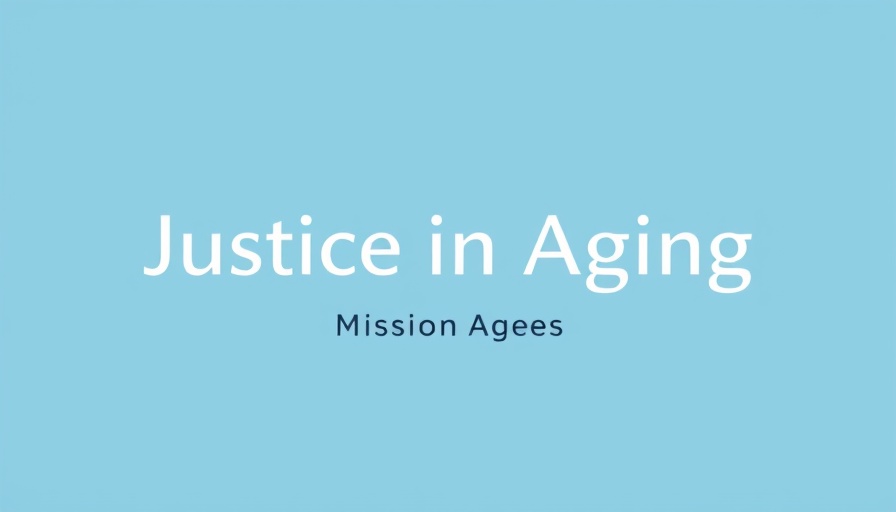
Understanding Dually Eligible Special Needs Plans: What Are They?
For seniors navigating the complexities of healthcare, Dual Eligible Special Needs Plans (D-SNPs) represent a crucial lifeline. These plans cater specifically to individuals eligible for both Medicare and Medicaid—often referred to as "dually eligible". They aim to streamline benefits and provide comprehensive coverage tailored to the unique needs of this population. The D-SNP framework was established to ensure that dually eligible individuals have access to an integrated healthcare model that comprehensively addresses their medical, behavioral, and social needs.
The Importance of State Medicaid Agency Contracts
The Dual Eligible Special Needs Plans (D-SNP) State Medicaid Agency Contract Toolkit aims to empower state Medicaid agencies and policy makers in crafting these contracts. By providing guidelines and template language that resonate with best practices, this toolkit equips stakeholders to align their contracts with consumer needs effectively. As states continue to navigate Medicaid complexities, the toolkit’s templates emphasize the necessity of consumer protections, ensuring that enrollees' rights are prioritized.
Navigating Eligibility and Enrollment: Key Challenges
Enrollment in a D-SNP is not always straightforward. The toolkit highlights common hurdles faced by dually eligible individuals. Many find themselves confused about eligibility criteria, the default enrollment process, and their rights within these frameworks. A clear understanding of enrollment procedures is essential because it serves as the foundation for informed decision-making. Furthermore, the toolkit posits that states should actively avoid default enrollment practices, advocating for consumer choice. Protecting the right to opt out is emphasized, leading to an empowered choice for seniors.
Addressing Consumer Choice and Default Enrollment
One of the guiding principles delineated in the toolkit is safeguarding consumer choice. Despite the allowance for default enrollment by the Centers for Medicare and Medicaid Services (CMS), states are encouraged to provide enrollees the option to choose their coverage actively. Instead of merely succumbing to automatic enrollment, individuals should be empowered to understand their options. For example, Ohio serves as a model where despite allowing default enrollment, language was included to ensure individuals retain the right to choose their Medicare benefits actively.
The Critical Impact of Clear Communication
Effective communication is paramount in ensuring that dually eligible individuals understand their rights and coverage. The toolkit advocates for transparency in enrollment processes, which proves beneficial as it helps prevent miscommunication and empowers seniors to navigate their healthcare journeys confidently. Contract language that is accessible not only helps individuals grasp their entitlements but also allows plans to fulfill their obligations. Transparency reinforces trust in the healthcare system.
Future Insights: Enhancing Care Through Integration
The forthcoming sections of the toolkit promise to enrich existing guidelines and protocols. By staying informed and leveraging the insights provided, state agencies can ensure that they respond to consumers' evolving needs. This continual improvement process is vital for tackling emerging healthcare challenges and enhancing the overall experience for dually eligible individuals. Stakeholders must remain engaged and adaptable in an ever-evolving landscape.
Actions You Can Take to Get Involved
As seniors, understanding your healthcare options is essential. Consider advocating for your rights and engaging with local Medicaid offices to learn more about your options under D-SNPs. Being proactive can make a significant difference in how you manage your healthcare. Ask questions, clarify doubts, and demand accessible communication from your plan providers.
Conclusion: Your Empowerment Through Information
It is essential for seniors to stay informed about their healthcare rights and options. The Dual Eligible Special Needs Plans (D-SNP) State Medicaid Agency Contract Toolkit is more than just a set of guidelines; it represents a beacon of clarity for navigating the often confusing landscape of healthcare provisions. Empowerment through information can lead to more informed choices and better health outcomes for the dually eligible population.
 Add Row
Add Row  Add
Add 




 Add Row
Add Row  Add
Add 

Write A Comment